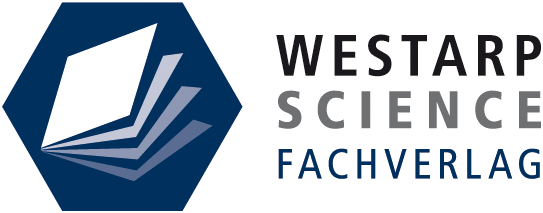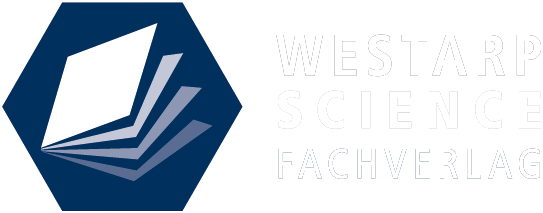Martin Leiner
Christine Schliesser
Ethik der Konfessionen und Religionen in Deutschland – Zur Einführung
Zusammenfassung
Der Artikel „Ethik der Konfessionen und Religionen. Zur Einführung“ vermittelt einen Überblick über zentrale Themen an der Schnittstelle von Ethik und Religion. Einführend werden Gründe dafür benannt, dass die Ethik bzw. ethische Fragestellungen gegenwärtig geradezu eine Hochkonjunktur erleben. In einem zweiten Schritt wird der Zusammenhang von Ethik und Religion beleuchtet. Dabei wird deutlich, dass religiöse und weltanschauliche Überzeugungen einen Einfluss darauf haben, was als richtig oder gut angesehen wird. In einem dritten Schritt erfolgt die Klärung zentraler Begriffe, darunter Religion, Ethik, Ethos und Moral. Anschließend werden unterschiedliche ethische Methoden erläutert wie die deskriptive Ethik, die normative Ethik und die Metaethik. Ein fünfter Teil vermittelt einen Überblick über die wichtigsten normativen Theorien, die Pflichtethik, die Güterethik und die Tugendethik. Auch der Doppelcharakter der Ethik als philosophische und theologische Disziplin wird bedacht, bevor abschließend das Verhältnis von theologischer Ethik und Dogmatik zur Sprache kommt.
Ethik, Religion, Ethos, Moral, deskriptive Ethik, normative Ethik, Metaethik, Pflichtethik, Güterethik, Tugendethik
Summary
The article “Ethik der Konfessionen und Religionen. Zur Einführung” (“Ethics of Denominations and Religions. An Introduction”) provides an overview of central topics at the intersection of ethics and religions. In a first part, the authors discuss reasons for the current boom of ethics and ethical questions, respectively, before they clarify the connection between ethics and religion. A third part yields the definition of central terms such as religion, ethics, ethos and morality. This is followed by the discussion of different methods in ethics, namely descriptive ethics, normative ethics and metaethics. In a fifth part, the authors identify and illuminate fundamental normative theories such as duty ethics, ethics of goods and virtue ethics. Afterwards, the focus turns to the double character of ethics as both a philosophical and a theological discipline. A critical examination of the relationship between theological ethics and dogmatics ends this contribution.
Ethics, denominations, religion, ethos, morality, descriptive ethics, normative ethics, metaethics, duty ethics, ethics of goods, virtue ethics
56. Ergänzungslieferung / 2018 / Gliederungs-Nr.: XIII – 1.1

